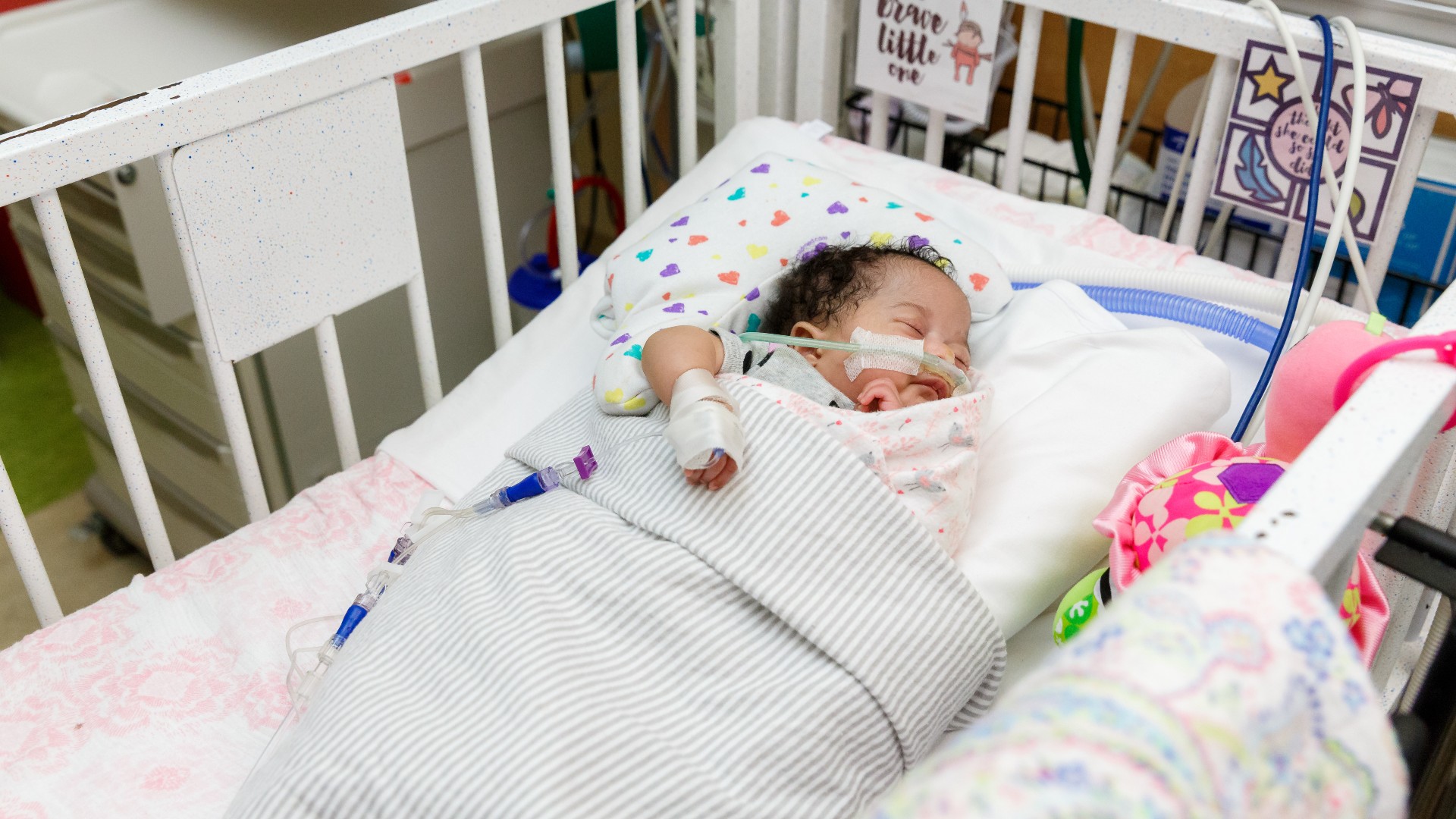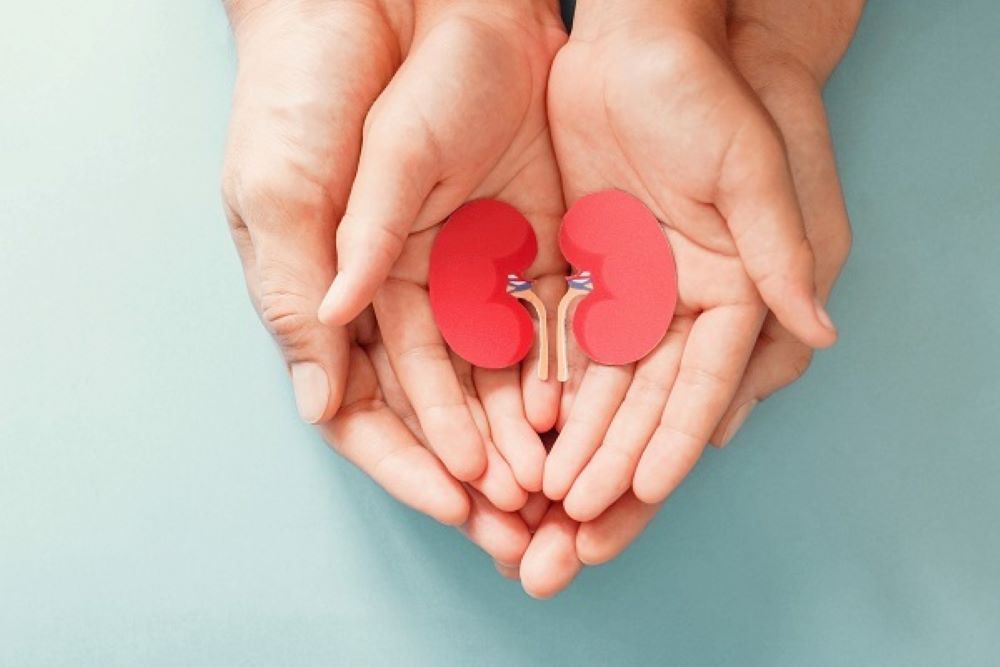Condition
Polycystic Kidney Disease in Children
Key Points About Polycystic Kidney Disease (PKD) in Children
Polycystic kidney disease (PKD) is a genetic disorder that causes the growth of numerous fluid-filled cysts in the kidneys. These cysts can reduce kidney function, leading to kidney failure. When the kidneys fail to function, the only life-extending options are dialysis and kidney transplantation. PKD can also affect the liver, causing either liver cysts or liver scarring (fibrosis) depending on the type of PKD. PKD can also involve other organs of the body such as the heart and blood vessels.
Overall, PKD is the fourth leading cause of kidney failure and affects approximately 600,000 people in the United States, according to the National Kidney Foundation. PKD affects all racial and ethnic groups equally and affects children as well as adults. While there is no cure for PKD, recent clinical studies in adults have identified therapies that can slow the progression of the kidney disease. These therapies are not yet available for children.
Schedule an Appointment
Our pediatric specialists provide personalized care for your child’s physical, mental and emotional health needs. Meet our providers and schedule an appointment today.
Types of Polycystic Kidney Disease
Autosomal Dominant PKD (ADPKD)
Autosomal Recessive PKD (ARPKD)
Inherited and Polycystic Kidney Diseases (IPKD) Program
This multidisciplinary program at Children's National Hospital provides integrated care for children with PKD by a team of highly skilled kidney, liver, growth, genetic and psychology specialists. In addition, we offer enrollment in child-focused ADPKD and ARPKD databases. For studies in rare diseases, like ADPKD and ARPKD, coordinating the collection of patient data and maintaining strict confidentiality about patient identities is critically important in advancing knowledge. Participation in these international PKD registries can be discussed with our team. Participation in ongoing PKD clinical trials can be discussed with our team.
Introduction to PKD: What should I know about PKD?
In this educational session pediatric nephrologist Ashima Gulati, MD, PhD, provides an overview of PKD and its impact. Topics include the different forms of PKD, available treatments, and how to manage the disease.
This webinar recording was created by the Polycystic Kidney Disease Foundation (PKDF).

Meet the Providers Who Treat Polycystic Kidney Diseases
A Frightening and Unexpected Diagnosis
Ian was 5 when his mom, Alix, asked his pediatrician for advice on bedwetting – a typical childhood concern. After referrals and testing, doctors suspected a rare genetic condition.
Departments that Treat Polycystic Kidney Disease

Nephrology
Learn how our highly skilled pediatric nephrology team works across divisions to manage the full range of kidney diseases in children, including dialysis and kidney transplantation.

Help Kids and Make a Difference
Invest in future cures to help children have brighter futures.










